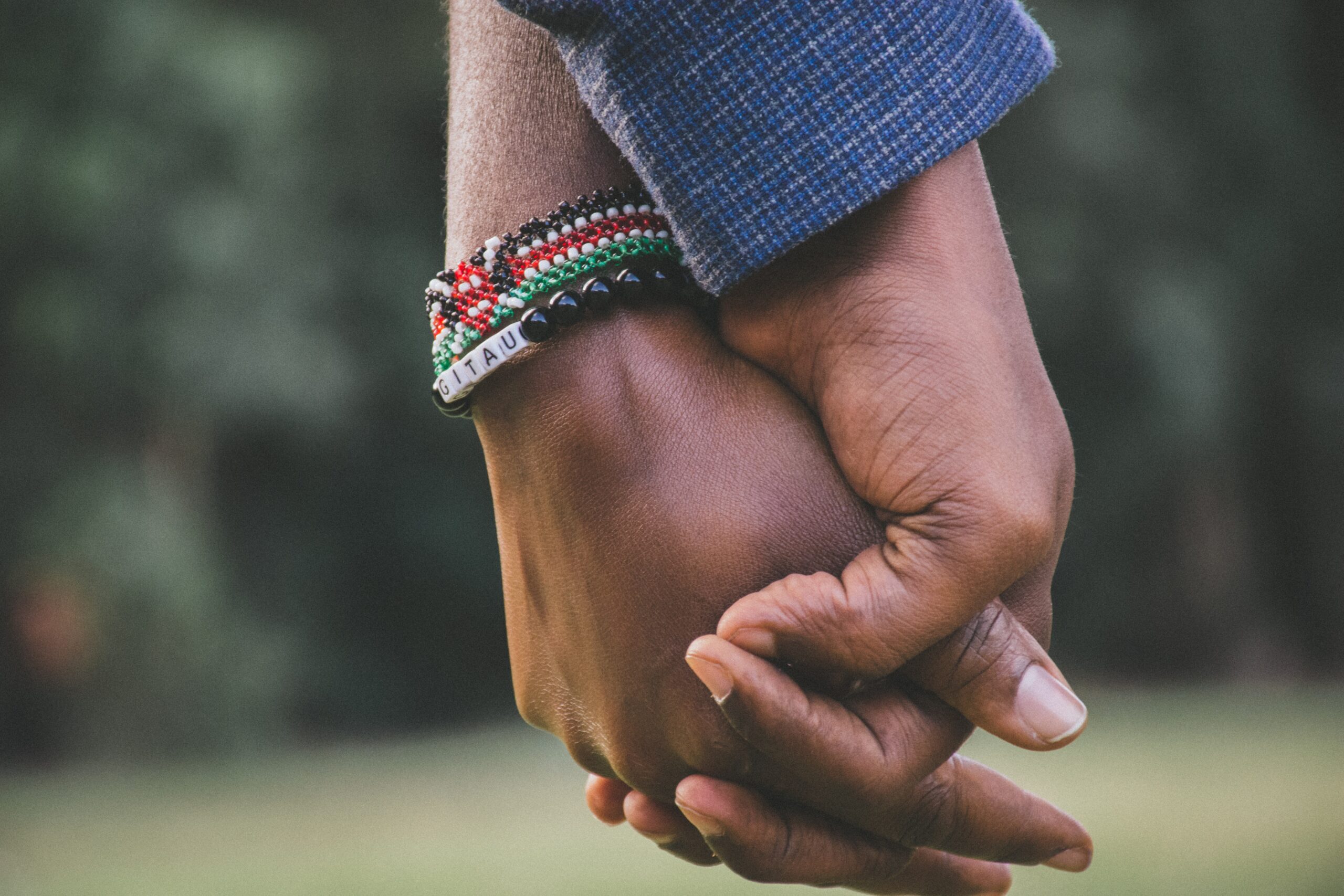What is Validation?
Validation has become a dirty word in our society. However, validation is in fact an essential skill that many of us were never taught. Humans have an innate need to be heard, understood and accepted. Feeling understood is one of the richest gifts a human being can receive. It ultimately tells us that our existence matters and we belong. Validation is a behaviour that can facilitate this need.
Validation in Relationships

Validation is not just understanding where your partner is coming from or even agreeing with them, rather, it is a display of empathy. It is acknowledging that what they are feeling is real and necessary for them and showing them, with your words, actions and gestures, that you understand and accept them.
Validation really involves two key components. The first is being able to identify or specify the emotion the person is feeling. This can be done in dynamic collaboration with your partner. The second is to offer justification for why they are feeling this way. Try to brainstorm what contributed to them feeling this way.
Why is Validation Important in Relationships?
It feels particularly important for our partners to validate us. We often feel very invalidated by the world at large, so being validated by those closest to us carries more weight. We often care about their opinion the most and want to connect and feel as close to them as possible. Validation fosters connection and emotional intimacy, as we naturally desire to be closer to people we feel understood by. It also gives people the feeling that they are sharing their experiences and not having to do it all alone. These are highly positive things in relationships. Antithetically, if we do not validate our partners, they may feel judged, isolated and rejected. These feelings can lead to heightened conflict.
Tips for Validation in Relationships

There are a few simple tips that can helps us validate our partners better.
- Practice Active Listening – In order to validate, you need to do your best to understand. You can achieve this by practicing active listening, which involves really being present with your partner, showing them that you’re listening through your body language, reflecting back to your partner what you heard to make sure you fully understand and deferring judgement. This will make them feel heard, and then, when you really understand, you can truly validate.
- Approach your Partner with Curiosity – Be curious about your partners thoughts, feelings and behaviours. You may be in a very similar situation, however, experience it differently. We can all learn from each other in this way and you can know your partner more deeply. Ask open ended questions that facilitate discussion and examination of your partners thoughts, feelings and behaviours (what, how, when, where, why).
- Validate, don’t Solve – It is not your responsibility to solve your partners problems. Most likely, when they are sharing with you, they are seeking validation and not a solution. They will find their own solutions. It’s often in the space provided by validation that we can find our true north.
Like any skill that we learn, practice makes perfect. If providing validation is something that feels foreign to you, train the muscle, just like you would at the gym. Thensit back and watch your most valued relationships flourish.
More Information
Throughout November we will be exploring the topic ‘Validation’. We will look at understanding the term, it’s impact on relationships and childhood, why we may find ourselves craving external validation and how we can practice self validation




